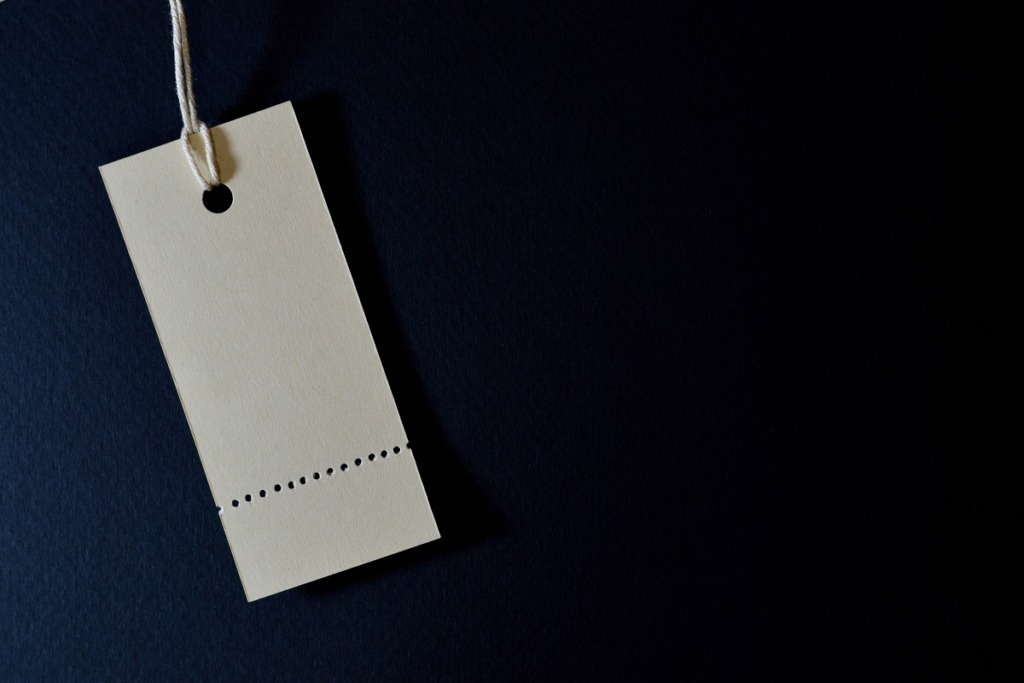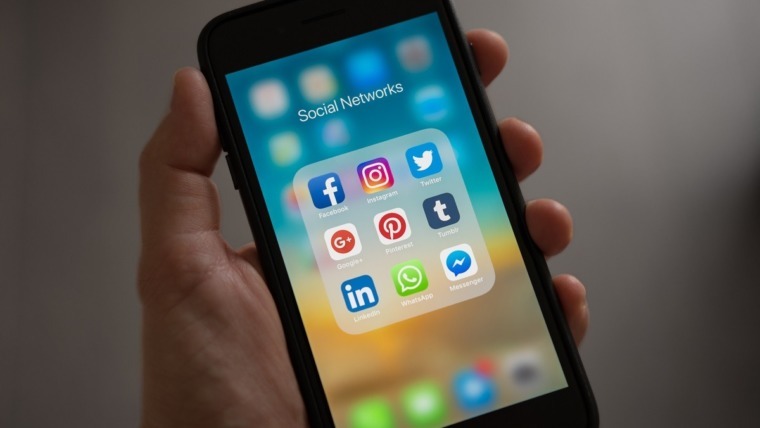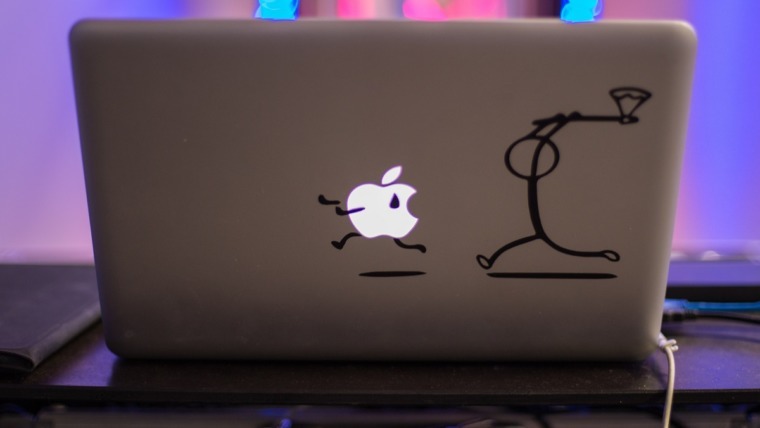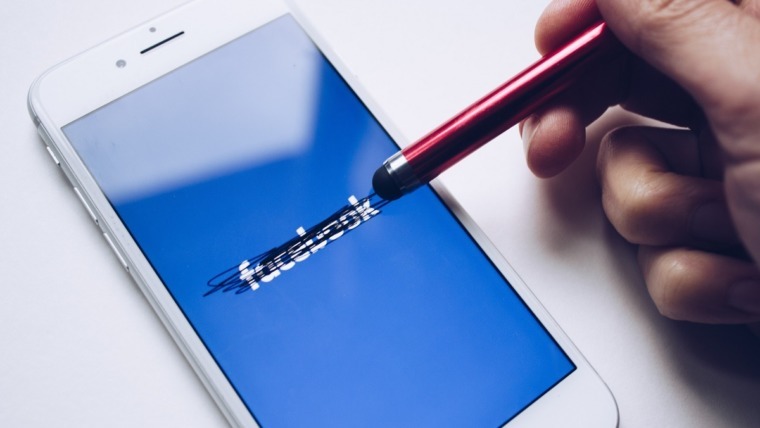
Written by Kareem Tawansi
We have been using internet services (in the form of apps and platforms) without having to hand over any cash, for such a long time now, that we have become addicted to getting stuff for what we believe to be free. The problem is that nothing in life is free and somewhere along the way we must pay the price.
This is particularly the case when it comes to the apps and websites we spend much of our non-work time on, for example social media, navigation, news and shopping, etc. The problem is everyone needs money and somehow, that “free stuff” needs to be funded.
Big Data & The Advertising Dollar
As we’re well aware, much of what we consume is funded by advertising dollars, but what many (dare I say most) of us don’t realise, is what is being dangled to draw in those advertising dollars. By now, you may have heard the expression “data is the new oil” and the big Tech Giants are the new oil companies. So many of them are harnessing “Big Data” from our every online action, and I don’t just mean the websites we visit or the stories we read. Engineers at Big Tech firms write code to monitor how long we pause on an image, take to read a paragraph, whether we swipe left or right, or, believe it or not, how we swipe up and down. All done in a quest to understand us better as customers, so advertisers can get in front of us in a more targeted way. On top of this, there are cookies and “thin apps” tracking where we go in our browsers or phone apps. That’s aside from all the location tracking that’s happening in the background.
My Generation
Now, at this point, you might say, “if I’m going to be advertised to, isn’t better than it’s highly personalised for me?” And the answer is yes and no, depending on who you are. The Millennials have grown up in a world in which they have virtually no privacy, but that actually goes hand in hand with their lack of disposable income to pay for “stuff”. Whether or not it’s good for them, they are used to getting stuff in return for handing over all their data. However, I’m not sure other generations like Baby Boomers and Generation X are equally comfortable with that concept. And what I’m noticing about my Zoomer Generation child is that she’s being brought up to be much more aware of what is happening than The Millennials were.
The Fight Between The Big Tech Giants
You may have heard about the fight brewing between Apple and Facebook. Slowly, but surely, Apple is heading towards an experience where the user knows what data of theirs is being collected. For example, in iOS version 14.x there is now an option under Privacy called Tracking, which gives you the option to allow apps to request to track you. This is an interim step towards an option that will bring up a dialogue box any time an app or site wants to track you (likely to be similar to the dialogue box that Locations Services presents any time an app wants to know your location). As you can imagine, the advertising-lead companies, (social media organisations and the ilk) are not happy with this plan. So, it’s becoming a fight between the biggest paid-for products & services tech companies versus the biggest advertising-funded tech companies; the latter having more users than the former by a significant factor.
So, in Apple land, you are much safer (digitally speaking) than you are outside of it, or at least that’s how they message to you. And to be clear, I’m not saying otherwise but it does beg the question, do I want to live a “safer” life in the Apple Kingdom (as long as I keep giving Apple money for their products & services) or do I want to get more free stuff, at the cost of my privacy and data?
It’s a tough choice. In Apple land, we already have Maps and could Apple end up taking on Google Search (say they buy Duck Duck Go or something similar) with Apple search; does that mean that iMessage expands to become an Apple social network platform? I’m not sure I want to live just in Apple Land, but similarly, I don’t want everything I do tracked and to be constantly bombarded with ads.
Let us Choose
I can’t help but ask the question, why don’t we get an option to pay on the “free” platforms – have my data in exchange for the free use of your service, or I give you money and you give me complete control of my data and privacy? Right now I doubt Facebook, Twitter and Google would find that particularly attractive, but with the threat of being broken up (which may be the outcome of all the anti-trust activity that’s currently happening in The States) maybe they might just consider such an option. Interestingly, it seems that Google is gently flexing on its position in Google Vs The Australian government (unlike the good folks at Facebook!). Ultimately, we as consumers need to make the right decisions and force the outcomes we really want.
Remember, as the widely used expression goes “if you’re not paying for the product you are the product!”
What Is The Cost of Free What Is The Cost of Free What Is The Cost of Free



